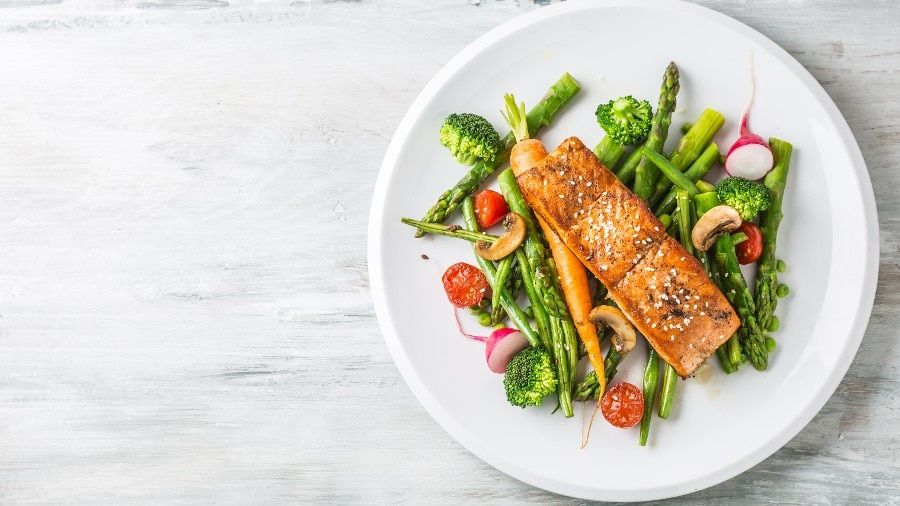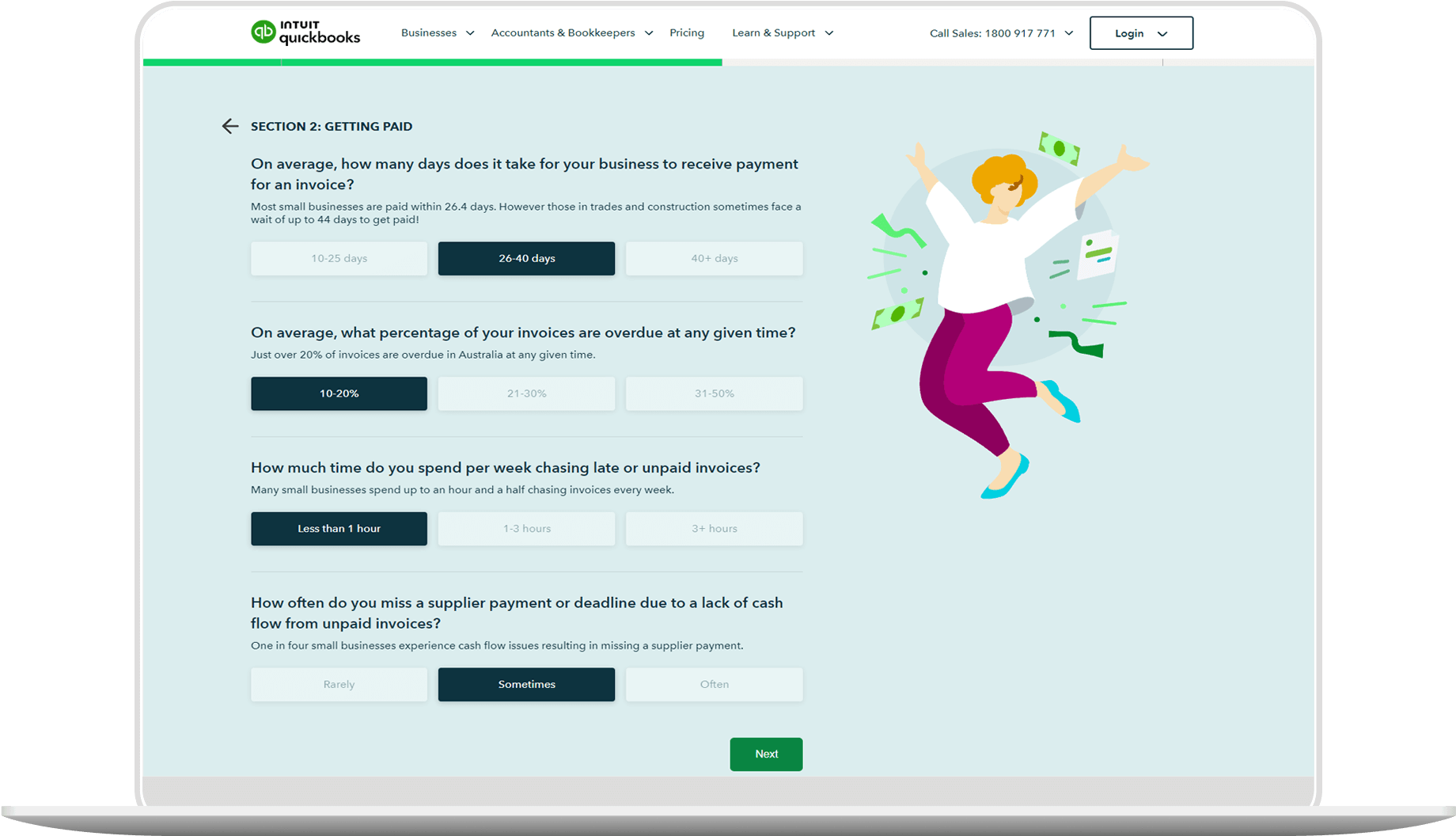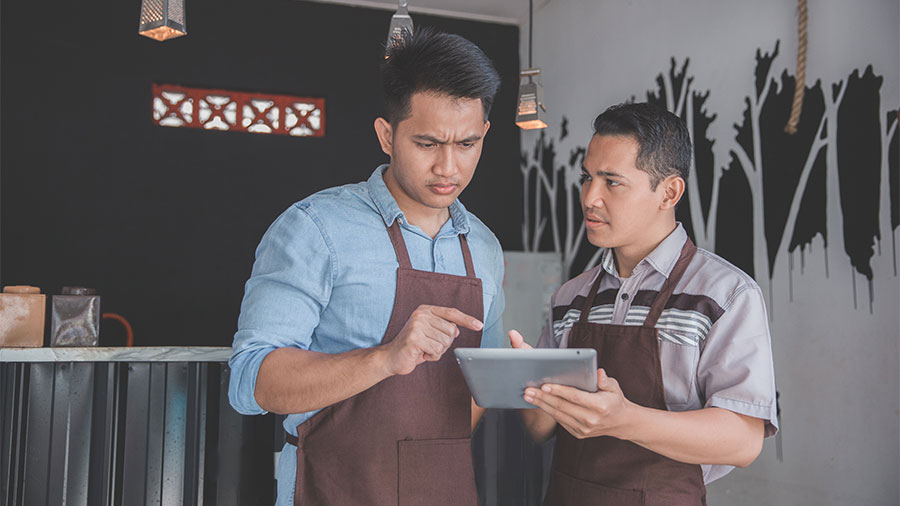The complexities of overtime meal expenses and allowances can be challenging to navigate, especially towards the End Of The Financial Year (EOFY). This article aims to clarify when you can claim a deduction for overtime meal expenses, what constitutes an overtime meal allowance, and the importance of recordkeeping throughout the whole process.

Overtime Meal Expenses Explained
What is an overtime meal allowance?
An overtime meal allowance is a specific payment your employer makes that enables you to buy food and drink (a meal allowance) while working overtime.
You should receive this allowance as part of an industrial instrument, such as an award or enterprise bargaining agreement, and you should expect this allowance to cover the cost of food and drink during overtime.
When to claim overtime meal expenses
In certain circumstances, you can claim the cost of a meal you buy and eat while working overtime. To claim a deduction for a meal allowance for overtime, you must:
- Buy and eat the meal while working overtime
- Receive an overtime meal allowance under an industrial award or enterprise agreement
- Have your employer include the allowance on your income statement
- Declare the allowance as income in your tax return
Here’s an example:
John works overtime. He usually works an 8-hour shift and is asked to work an additional 3 hours. His employer gives him a meal break and a $20 meal allowance under his enterprise bargaining agreement. John buys and eats a meal costing $21 during his overtime.
In this scenario, since the expense was incurred while working extended hours, John can claim a $21 deduction for overtime meal expenses.
When not to claim overtime meal expenses
Not all payments towards overtime meals are considered overtime meal allowances. This means you may not be able to claim a deduction for overtime meal expenses if:
- You don't buy the overtime meal yourself (e.g., your employer provides the meal or reimburses you for the cost)
- You don't eat the meal while working overtime (e.g., you eat the meal on your way home after working overtime)
- There’s an amount for overtime meals as part of your normal salary or wage
Here’s another example:
Sofia receives an overtime meal allowance, but she decides not to buy any food or drink because her manager pays for a takeaway for the team. She didn't incur any expenses for food or drink during her overtime, so she can't claim a deduction for an overtime meal.
If Sofia gets hungry on the way home and decides to buy food, she can't claim that food either. That’s because the expense wasn't incurred as part of earning her assessable income (during the extended hours of her overtime.)
Sofia's next enterprise agreement folded the overtime meal allowance into her general pay structure, making it no longer a specific allowance for buying food and drink during overtime. Therefore, the amount folded into Sofia's general pay is not an overtime meal allowance.
Why record keeping is important
Keeping accurate records and written evidence of your overtime meal expenses is crucial when it comes to claiming deductions in your tax return.
Written evidence, such as an itemised receipt, must include:
- The name or business name of the supplier
- The amount of the expense in the currency in which it was incurred
- The nature of the goods or services
- The date the expense was incurred
- The date the document (evidence) was created
While some very specific exceptions can mean some of these steps aren’t necessary, generally speaking, it’s always best to maintain comprehensive records to support your claims.
How QuickBooks can help
Understanding overtime meal expenses and allowances is essential to accurately claiming deductions on your tax return. So it’s crucial to meet the eligibility criteria and maintain proper records to support your claims.
Using a reliable accounting software solution like QuickBooks can help you manage your financial records while staying compliant with tax regulations.
QuickBooks offers comprehensive features to help you with tax filings, such as expense tracking, receipt capturing, and financial reporting. The software lets you efficiently organise your expenses, including overtime meal allowances, by categorising them and automatically linking them to your tax return.
With the QuickBooks mobile app, you can conveniently capture receipts on the go and automatically store these in your account. This ensures that your recordkeeping is accurate and up-to-date, making tax time less stressful.
Don't miss out on the benefits of a powerful accounting solution tailored to your needs. Sign up for QuickBooks today with a 30-day free trial and simplify your tax filing process.
While every care has been taken to ensure the accuracy of the information presented as at 02 May 2023, Intuit is not providing you with professional advice and we recommend you obtain your own professional advice. Intuit is not liable for your use of the information presented.
Frequently asked questions
Related Articles

TAKE A NO-COMMITMENT TEST DRIVE
Your free 30-day trial awaits
Our customers save an average of 9 hours per week with QuickBooks invoicing*
By entering your email, you are agree to our Terms and acknowledge our Privacy Statement.


















